How Uhuru Is Quietly Rebuilding Power Lines Ahead of 2027 Elections
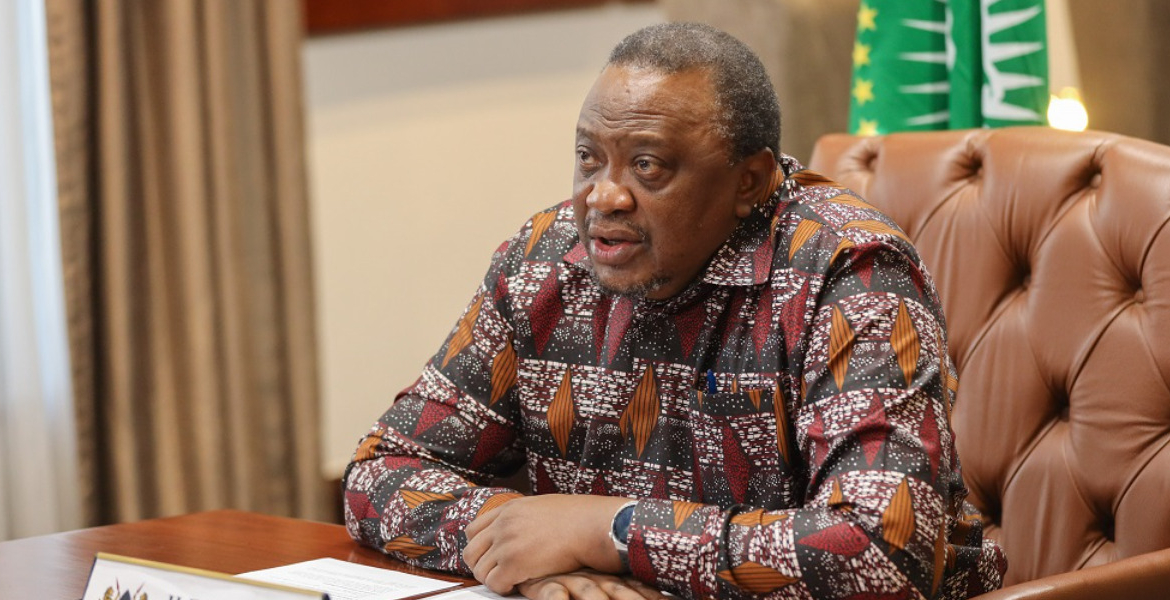
As Kenya edges closer to the 2027 general election, former President Uhuru Kenyatta's influence is subtly resurfacing, shaping the political dynamics, particularly in the crucial Mount Kenya region.
Though largely absent from public engagements since his 2022 retirement, Uhuru's strategic manoeuvres and enduring legacy are catalysing political shifts.
Kenyatta's re-emergence is characterised by discreet engagements and behind-the-scenes interventions, rather than overt declarations. His Ichaweri home, located in Gatundu South, serves as a discreet hub for political discussions, hosting opposition leaders and former allies.
These meetings, often veiled in secrecy, have fuelled speculation about Uhuru orchestrating a broader realignment of political forces as the next electoral cycle approaches. One clear indication of Uhuru's continued influence emerged following the Gen Z-led protests in 2024. According to Orange Democratic Movement (ODM) leader Raila Odinga, Uhuru played a pivotal role in mediating dialogue between opposition figures and President William Ruto.
In a recent interview, Raila revealed that "At the height of the protests, Uhuru reached out to me from the United States and urged for the need to stabilise the country."
This intervention was reportedly instrumental in averting further unrest. Further evidence of Uhuru's influence is seen in the strategic repositioning of the Jubilee Party, which he previously led. Under the stewardship of Secretary-General Jeremiah Kioni, the Jubilee Party has signalled its intention to support former Interior Cabinet Secretary Fred Matiang’i as its presidential candidate in 2027.
Although Kenyatta has not publicly endorsed Matiang’i, his silence is widely interpreted as tacit approval. Kioni has been vocal about the party's direction, saying, "We as the Jubilee Party have our own candidate, Fred Matiang’i. He will face off with the others to ensure Ruto goes home."
Matiang’i's candidacy is gaining momentum, especially among voters disillusioned with the current administration. His technocratic background and reputation for discipline during his tenure in government align with Uhuru's governance style, making him a natural successor for many Jubilee loyalists. Political analysts suggest that Matiang’i’s appeal could extend beyond Mount Kenya, potentially attracting support in Western and Central Kenya.
Uhuru's strategic silence is viewed by observers as a calculated approach to maintain leverage while avoiding premature commitments. His financial resources, extensive networks, and diplomatic stature position him as a potential kingmaker whose endorsement could decisively influence the election outcome. Prof Gitile Naituli of Multimedia University observes, "In politics, money is oxygen. Uhuru’s financial clout, combined with his political and diplomatic capital, makes him a formidable force—even from the shadows."
The Mount Kenya region remains central to Kenyatta's influence. Despite the emergence of new political figures, including former Deputy President Rigathi Gachagua, Kenyatta's legacy continues to resonate within the region. Gachagua, who has vacillated between criticising and courting Kenyatta, faces a significant challenge in consolidating regional support. His efforts to position himself as the region's political leader have been met with scepticism, particularly given his past antagonism towards the Kenyatta family.
Recent developments suggest a growing sense of regret among Mount Kenya voters regarding their choices in the 2022 election. Many now cite high taxation, economic hardship, and perceived governance failures as reasons to reconsider Kenyatta's earlier warnings against electing Ruto. Kioni remarked, "Uhuru told us not to go that route, but we ignored him. Look at where we are now," capturing the sentiment of a region grappling with buyer’s remorse.
The Jubilee Party’s revival, spearheaded by Uhuru's allies, is viewed as a response to this shifting sentiment. The party’s refusal to dissolve, despite pressure from rival factions, signals a determination to reclaim its position in national politics. Analysts believe that Jubilee's resurgence could serve as a vehicle for Uhuru's broader political vision—one that prioritises national unity, development continuity, and institutional reform.
However, Uhuru's influence faces considerable challenges. The opposition remains fragmented, with figures such as Kalonzo Musyoka and Eugene Wamalwa also vying for the presidency. While Kalonzo has made overtures to Mount Kenya leaders, his lack of a strong base in the region and past indecisiveness have raised concerns about his viability. Jubilee insiders reportedly consider Matiang’i a more credible alternative, citing his loyalty and administrative competence.

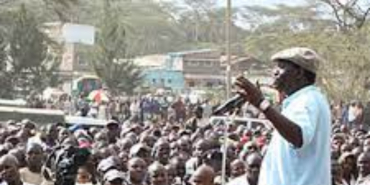
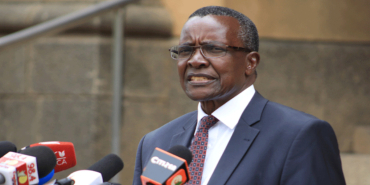
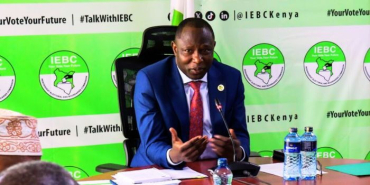

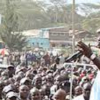


Add new comment